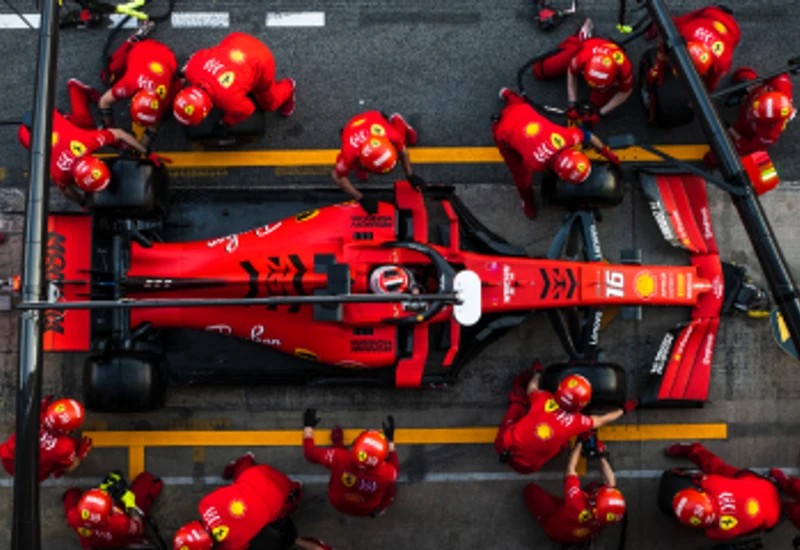
Be Ahead at the Final Whistle

Keira Walsh
England Football Star
In high-pressure moments, managing time effectively can be the difference between success and failure. This Step shows you how to plan, prioritise, adapt, and control the tempo, so you can stay on top of your goals.
In high-pressure moments, managing time effectively can be the difference between success and failure. This Step shows you how to plan, prioritise, adapt, and control the tempo, so you can stay on top of your goals.
Sign up today
Sign up for Santander Open Academy to unlock your potential with our free, expert-led learning platform.

Be Ahead at the Final Whistle
7 mins 43 secs
Key learning objectives:
Understand the key principles of time management
Outline how to prioritise your time
Overview:
The opinions and viewpoints expressed in this video are those of the creator and do not necessarily reflect the views of any affiliated organisations.
Sign up today
Sign up for Santander Open Academy to unlock your potential with our free, expert-led learning platform.
In high-stakes environments, such as a football match, time management is essential for success. It's not just about the minutes on the clock but making the most of every second to achieve your goals. Managing your time well allows you to prioritise tasks, focus on the most critical moments, and use your resources effectively, leading to better decision-making and results, both on and off the pitch.
What are the key principles of time management?
- Prioritisation: Focus on the most important tasks first
- Goal Setting: Set clear, achievable goals to guide your efforts
- Planning: Develop a structured plan, allocate resources efficiently, and break tasks down into manageable steps
- Adaptability: Be ready to adjust your strategy when faced with unexpected challenges
How can prioritising tasks improve time management?
Prioritising tasks helps you focus on what’s most important and impactful towards your goals. By identifying key objectives and breaking them down into manageable steps, you can allocate time and effort more efficiently. This allows for clearer direction and purpose, ensuring that you work on the highest-priority tasks first, whether in preparation, training, or performance.
Why is adaptability important in managing time effectively?
Adaptability allows you to stay focused on your long-term goals while navigating challenges like injuries or unexpected changes. Being adaptable means recognising when your plan needs to shift and making adjustments in real-time, whether that’s in a match or in your personal preparation. This flexibility ensures you’re making the best use of your time, even when things don’t go as expected.
What strategies can help you manage your time better?
- Plan and prioritise: Break down tasks, set clear goals, and prioritise based on importance
- Maximise preparation: Invest time in both physical training and mental preparation to boost efficiency
- Control the tempo: Learn when to push and when to reset, especially in high-pressure situations
- Communicate effectively: Keep clear lines of communication open with your team to stay aligned
- Reflect and learn: Regularly review your performance to identify areas for improvement and adapt your strategies
The opinions and viewpoints expressed in this video are those of the creator and do not necessarily reflect the views of any affiliated organisations.
Sign up today
Sign up for Santander Open Academy to unlock your potential with our free, expert-led learning platform.

Keira Walsh
There are no available Steps from "Keira Walsh"






